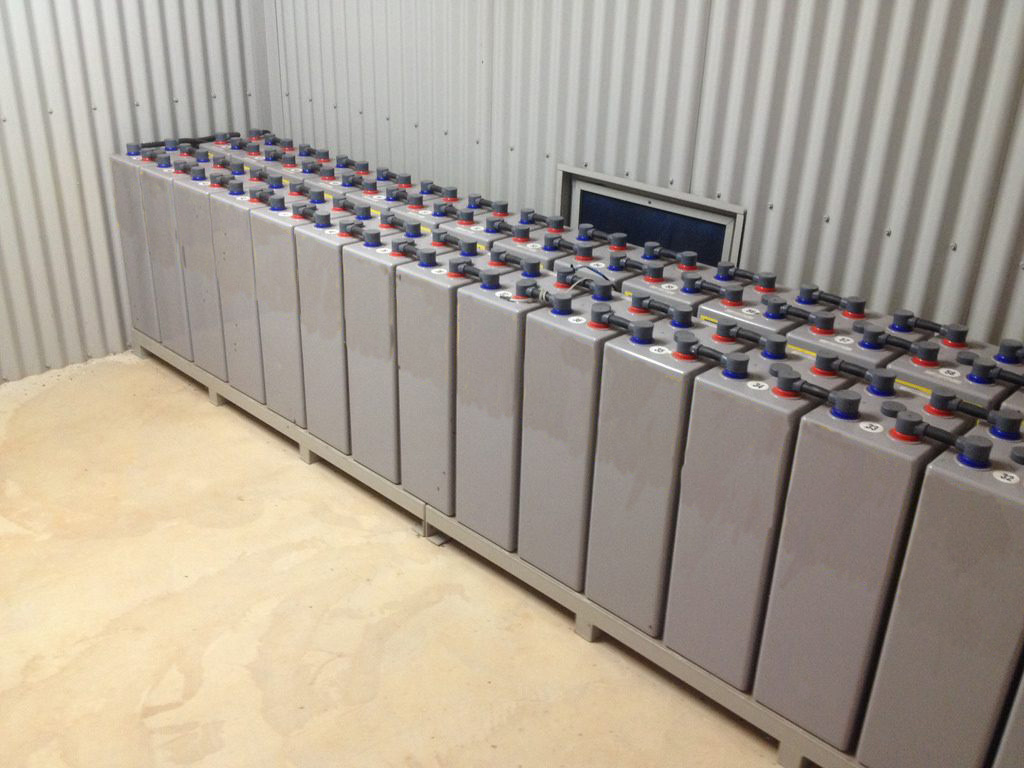Tubular batteries, also known as lead-acid tubular batteries, are a type of rechargeable battery commonly used in backup power systems, solar power systems, and other applications where reliable and long-lasting energy storage is required. These batteries are constructed using a series of lead plates, which are housed in a tubular container filled with an electrolyte solution.
The plates in a tubular battery are typically made of lead oxide (PbO2) and lead (Pb), and they are separated by insulating materials. The plates are arranged in a tubular shape to increase the surface area and improve the battery’s performance. The tubular container is usually made of a durable material such as hard rubber or plastic.
The plates in a tubular battery are held in place and sealed using a variety of methods, including welding, mechanical fasteners, and adhesives. Some tubular batteries may use glue or other adhesives to secure the plates and prevent them from moving or shifting during use. However, the specific construction and materials used in a tubular battery can vary depending on the manufacturer and the intended application.
In summary, while some tubular batteries may contain glue or other adhesives as part of their construction, this is not a universal feature of all tubular batteries. The use of adhesives in tubular batteries is typically aimed at securing the plates and ensuring the battery’s reliability and performance.


